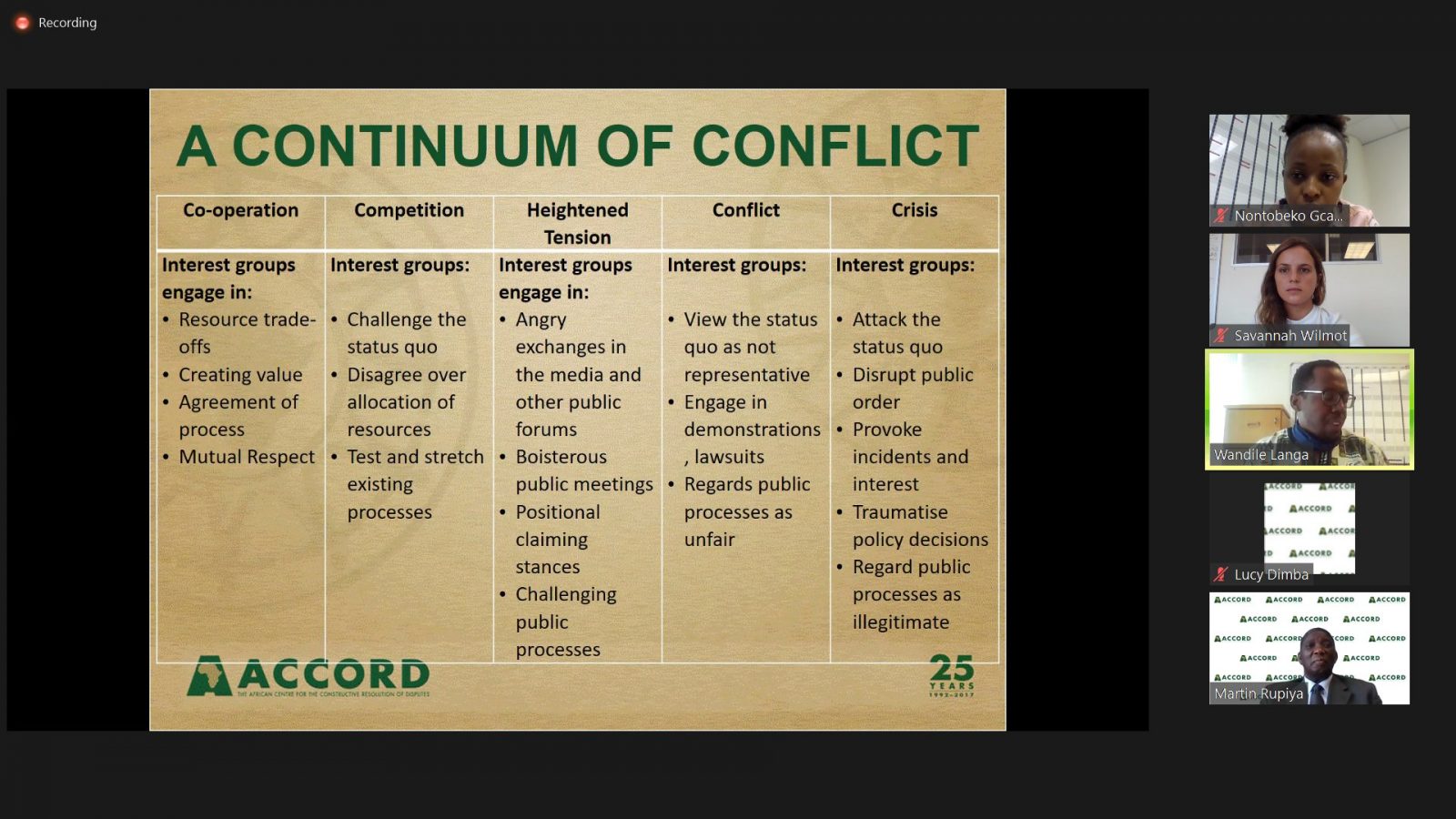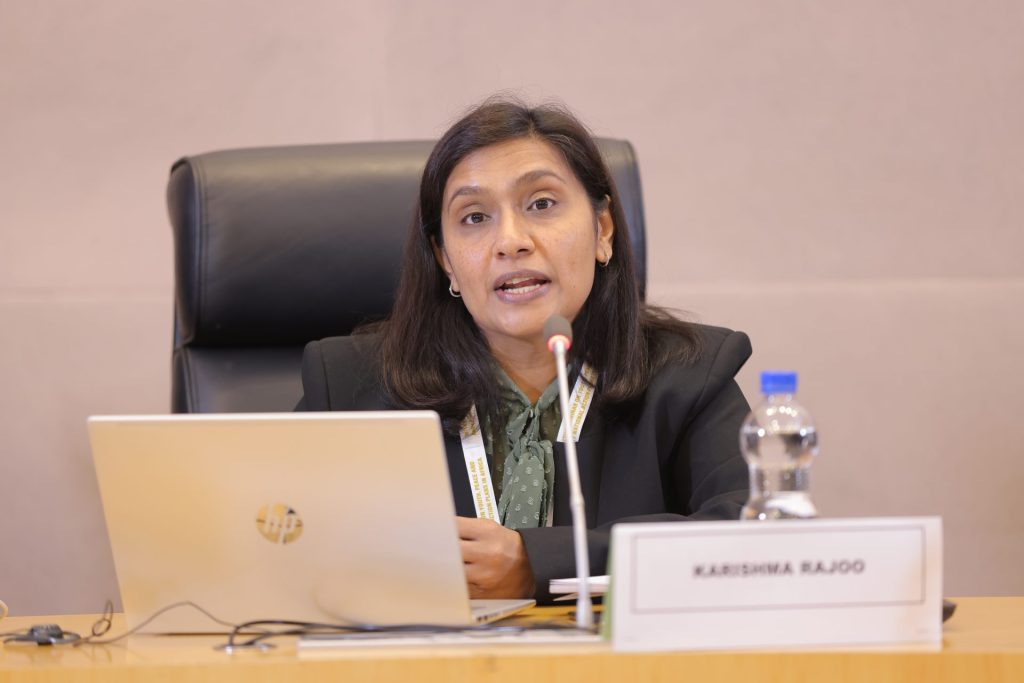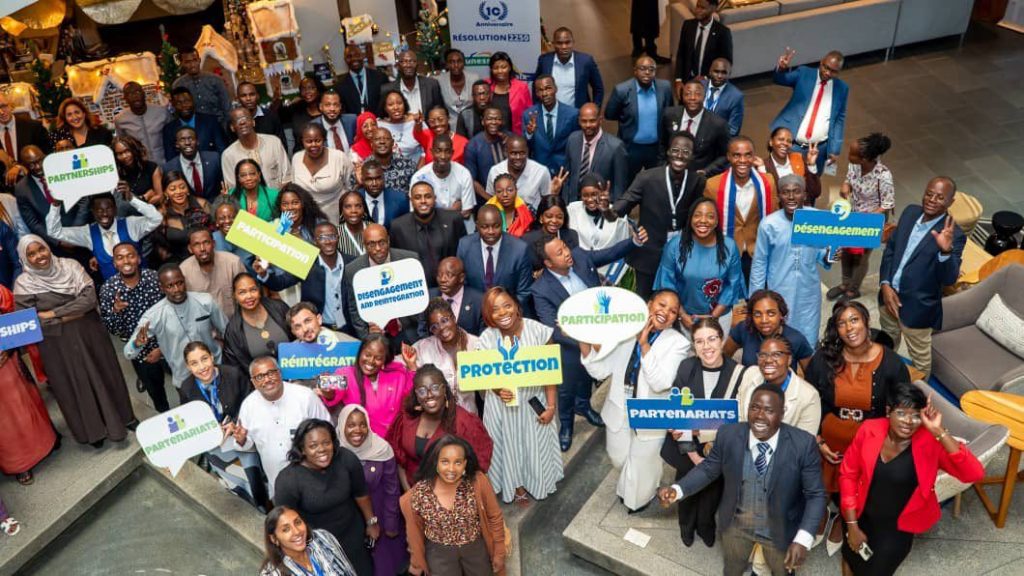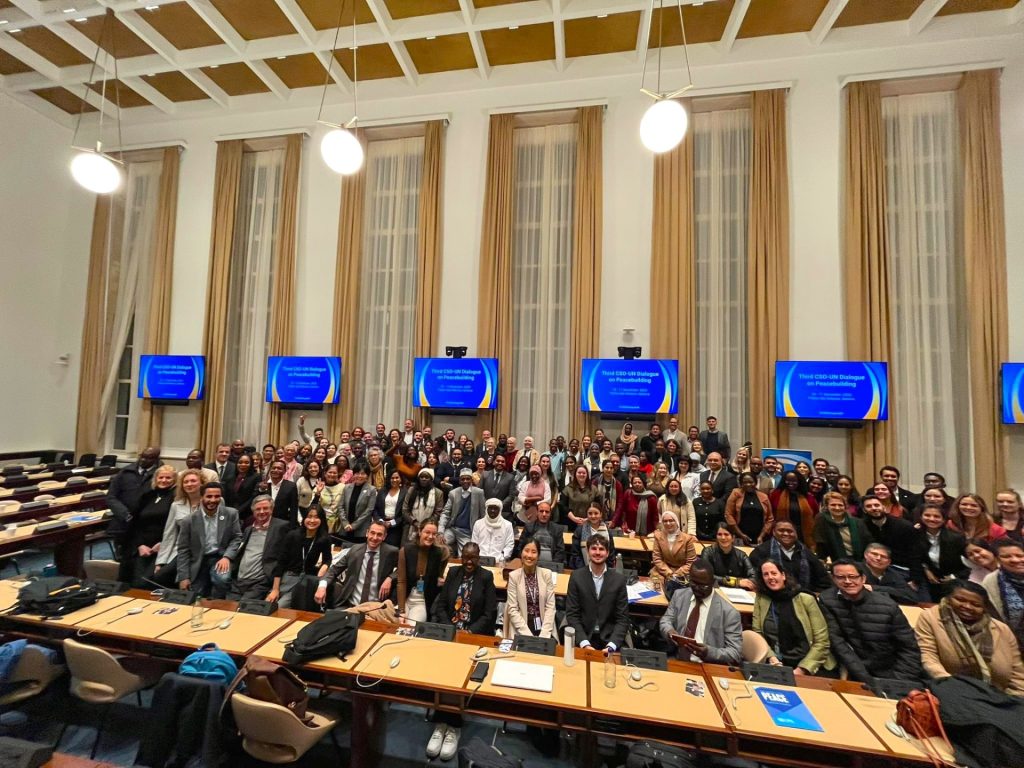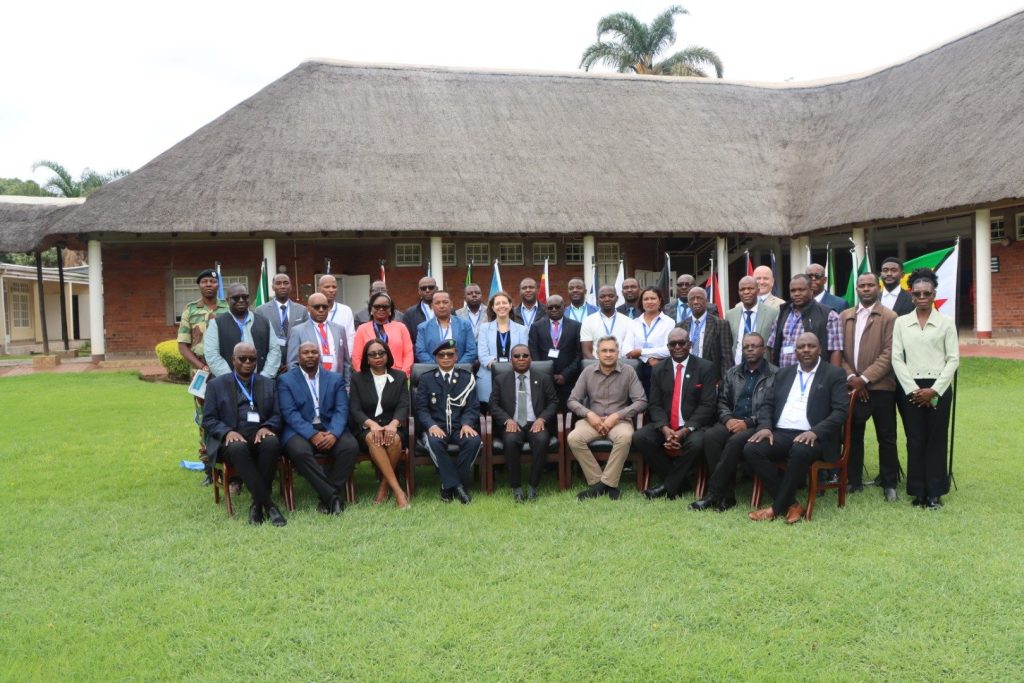On the 24th and 26th of February 2021, ACCORD facilitated the Conflict Management Capacity Building training of the All Africa Student Union (AASU), which is a body made up of Student Representative Councils (SRC) and young leaders within Africa. This activity was a continuation of the Conflict Analysis training for the AASU, which was held in October 2020. Thus, the training sessions continued the discussion around strengthening the capacity of student leaders’ in effectively preventing, mitigating, and resolving conflict within their contexts. As the roadmap of conflict in Africa continues to become more complex, the training sought to enhance the skills and knowledge of the AASU members in Conflict Management through the sharing of information, knowledge, experience and lessons. This two-day virtual event was led by Professor Martin Revayi Rupiya, ACCORD’s Training and Innovations Manager, and Wandile Langa, Programme Officer within the Operations Division.
On the first day, Professor Rupiya centered the discussion around conflict trends. He highlighted the importance for the youth to understand how the COVID-19 pandemic exacerbated existing challenges. In light of this, the youth have an important role to play in developing strategies that will assist African states in understanding measures that combat the pandemic going forward. This was followed by Mr. Langa who presented various approaches, methods and styles that could be considered when responding to conflicts in different contexts.
On the second day, Mr. Langa gave an introductory training on intervention processes, focusing on negotiation, mediation and dialogue. Professor Rupiya continued the day with sharing case studies of different mediation processes, such as Angola and Mozambique, to highlight its inherent complexity and the various factors one has to consider as a mediator. The final part of the session took the participants into breakout rooms, where they discussed the challenge of elections in their own countries, and their recommendations on addressing these challenges, given their conflict management knowledge and skills.
This training session was conducted in line with ACCORD’s commitment to strengthen local and national capacities for peace and increasing the role of youth in the peace processes.

